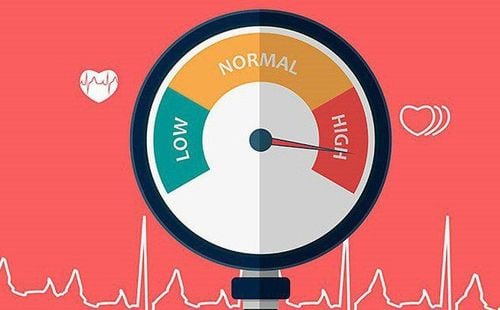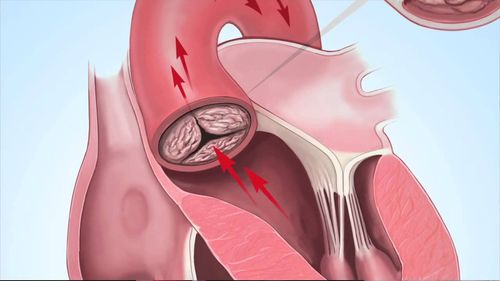Nội dung bạn đang tìm kiếm không có phiên bản tiếng Việt.
Vui lòng chọn tiếp tục để xem nội dung tiếng Anh hoặc đi đến trang chủ Tiếng Việt.
Rất xin lỗi về sự bất tiện này.

Home
Tag DNA testing
Articles in DNA testing

Signs you are having a baby boy: Myths and facts
When you are pregnant, you may receive a lot of unsolicited opinions about your body and the baby. One of the most popular topics to discuss is whether the baby you are carrying is a boy or a girl.
Xem thêm











